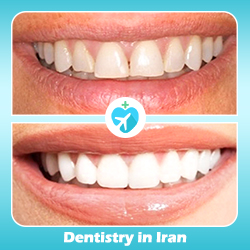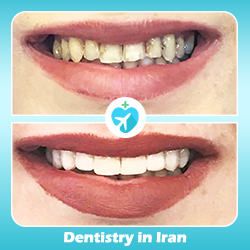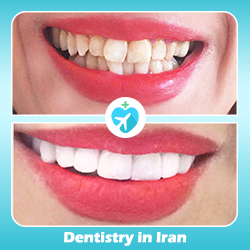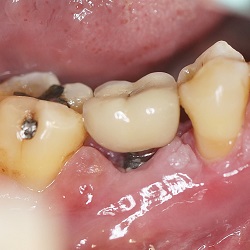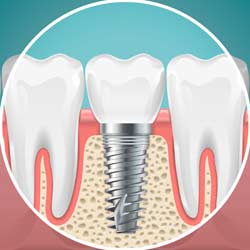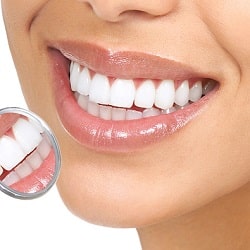“I can remember the first time I put dentures in my mouth, I couldn’t bear it for a moment as it felt painful and I looked awkwardly pouting and sullen.” This is what you may hear here and there when you’re considering getting dentures. But, is it really like that?
When you get dentures, be it partial or complete, you need to give it some time to adjust in your mouth. During this period, you may experience pain and sore around your gums and sometimes, you may want to take medications to relieve yourself.
In this post, we want to talk about denture pain, denture pain remedies, and give you some tips to overcome it easier.
First of all, how much pain will you experience?
After denture placement, you may have mild to intense pain. It’s normal to feel pain for around 2 to 4 weeks.
As your teeth are connected to various parts of your body, replacing them with artificial teeth can cause pain in your gums as well as some other areas. They include your jaw, ears, and eyes.
This pain may be resulted from tooth extraction you’ve had before wearing new dentures. It may also appear as your dentures rub against your gums and put pressure on them.
After around 1 month, the major pain goes away and you may have gum sores from time to time, e.g. when eating or after many years of wearing.

Second, how can you manage denture pain and sore?
Visit your dentist for denture adjustment
Your dentures are substitutes for your real teeth. They are made on a mold which is not as soft as your gum tissue. Once they are put in your mouth, they may need to be adjusted by your dentist in order to fit into your gum without putting pressure on specific spots.
Although pain is common in the first few weeks, persistent severe pain is not normal. In this case, you should make an appointment to have your oral condition checked and to see whether any adjustment is required. After each appointment, you’ll need some time to get used to your denture’s position.
Include easy-to-chew foods in your diet
When you’ve had dental work done, soft foods are the best choice. Well-cooked beans, mashed potatoes, vegetable-based foods, soups, yogurt, cheese, and pasta are some of the dishes you can have without bothering yourself for chewing and swallowing them.
Wash your mouth with a saline solution or salt water
To help your mouth heal faster, you can gargle salt water or saline solution once-twice a day. This way, you not only ease the denture pain but also disinfect your oral cavity against bacteria.
Use pain relief gel or pain medications
There are various pain relief products, including gels and creams, you can apply on the sore spots in your gums to reduce pain and discomfort you’re suffering from during the adjustment period. You can also ask your doctor to prescribe pain killers that are suitable for you.
Massage your gums
Regular massage after getting dentures can get the blood flowing. This will, in turn, reduce inflammation and pain.
Clean your artificial teeth and your mouth on a daily basis
Clean dentures is always the key to a healthy mouth. You should rinse your dentures before putting them into your mouth. Also, brush them appropriately and use mouthwash before going to bed. Learn more about how to take care of your dentures.
Take them out when you’re sleeping
If you wear full or partial dentures, you should take them out of your mouth while you’re asleep. This will give your mouth muscles and gum tissue a break to relax. It also protects your neighboring teeth from further damage when you’ve got partial false teeth.
Try some home remedies
Sage tea is believed to alleviate the denture sores immediately after usage. Other remedies can be saltwater, Aloe Vera and cloves. They’ve been used since a long time ago by traditional practitioners and are now recommended by many dentists all around the world. They keep the mouth healthy, relax the gums, and fight against bacteria.

